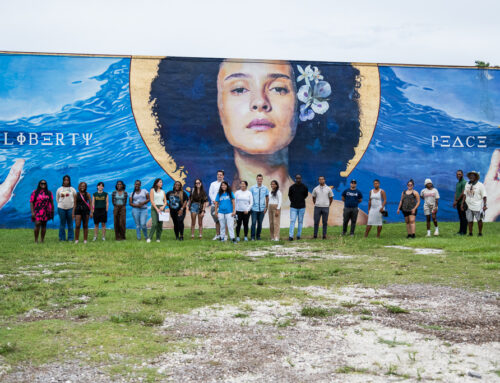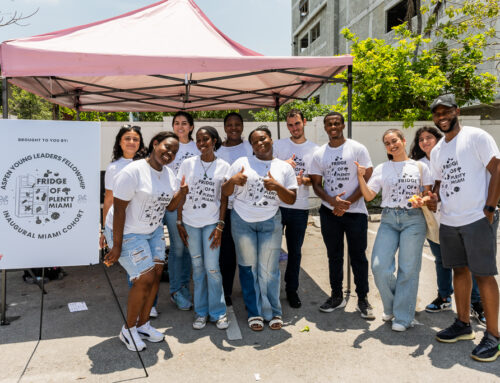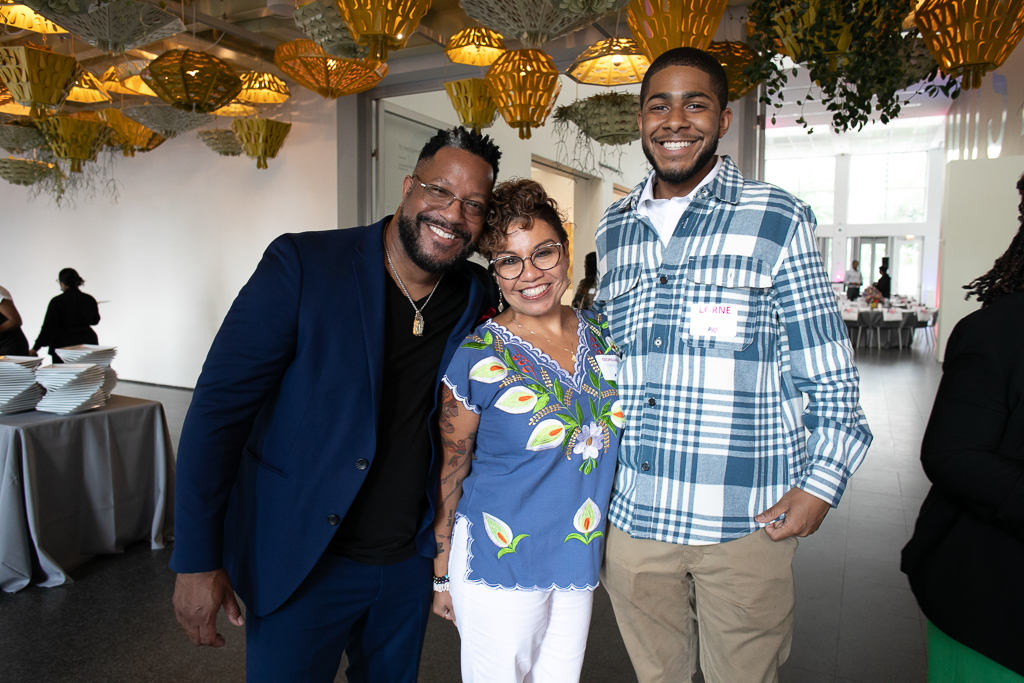
AYLF Program Facilitators Kylon, Georgie, and Lorne at Chicago Dreams event in August 2023
Connecting Through Leadership
What Energizes AYLF's Program Facilitators
When Georgianna Torres Reyes, an associate vice president at DePaul University serving as a facilitator with the Aspen Young Leaders Fellowship’s (AYLF) inaugural Chicago cohort, first logged onto a Zoom call in December 2020, she was not sure what to expect. Torres Reyes, similar to other AYLF program facilitators, had been working with young people in educational environments for much of her career, but not in the capacity of facilitating text-based dialogue in a targeted way.
“I knew what the curriculum was—I had studied it and prepared—but I didn’t know how it would be received,” she says. The task felt nerve-wracking: engage youth aged 18-22 in a five-year program that starts with a series of monthly seminars about community and leadership…all amidst nationwide fatigue related to the COVID-19 pandemic, and fraught racial tensions following the murder of George Floyd that spring. Despite the circumstances, program facilitators soon realized that AYLF would be a safe space that fellows were eager to engage in.
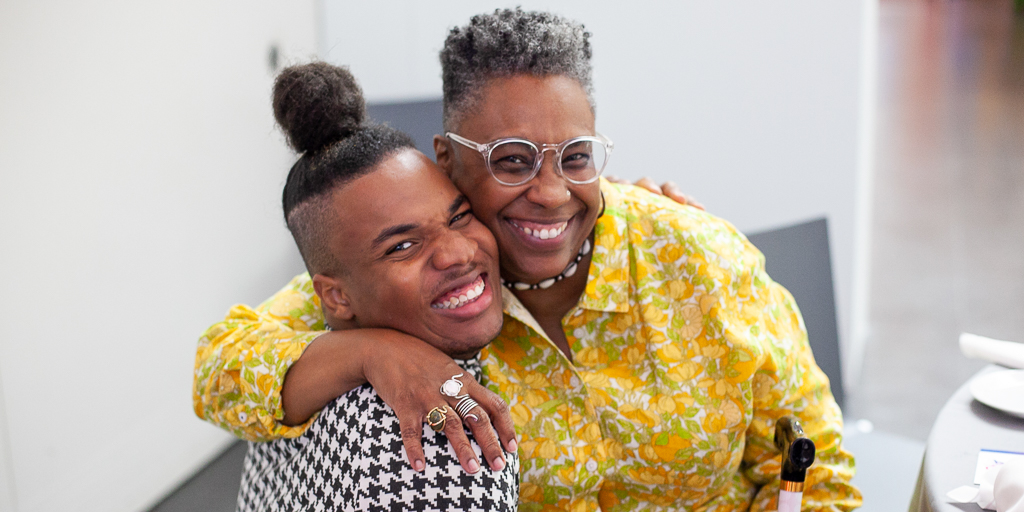
AYLF Chicago Dreams 2023 Kim and Stephone
AYLF Chicago Program Facilitator Kim and AYLF Senior Fellow, 2023
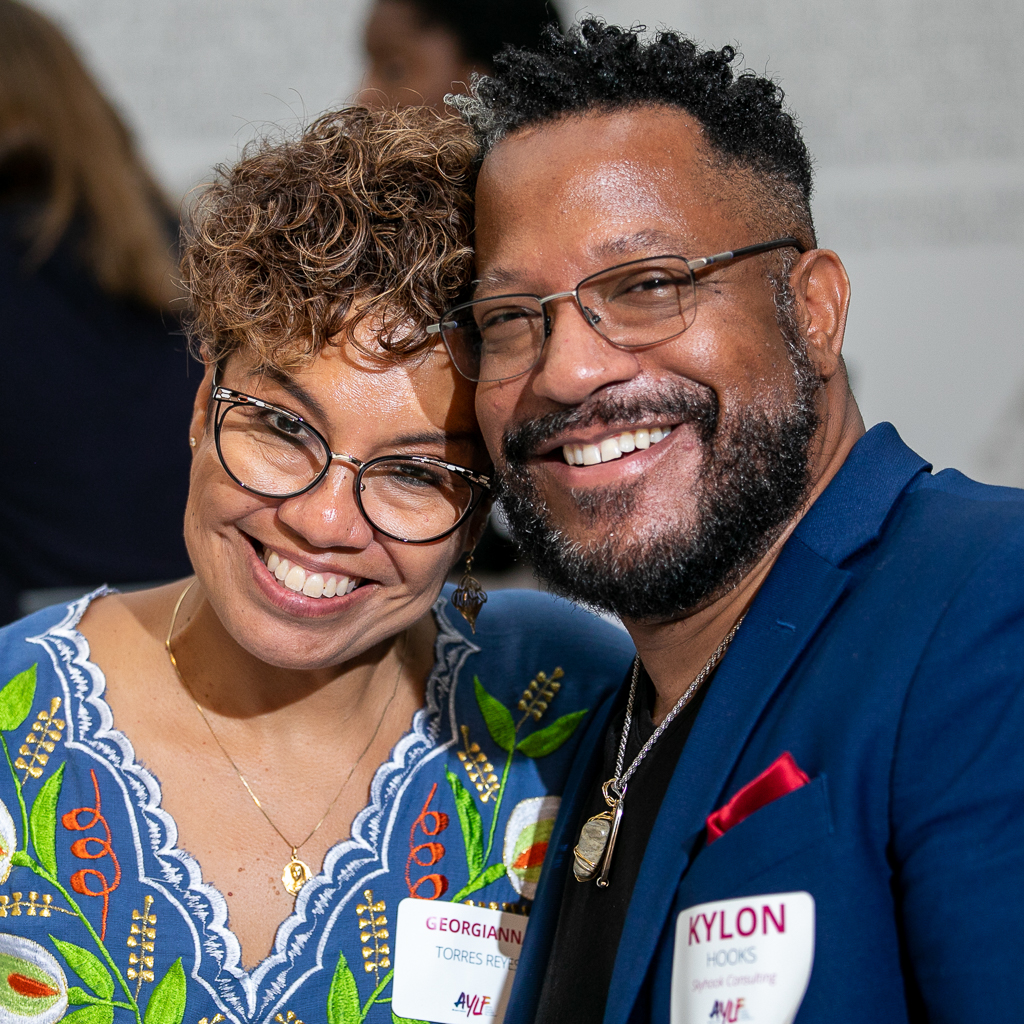
AYLF Chicago Dreams 2023 Georgie and Kylon
AYLF Chicago Program Facilitators Georgianna and Kylon, 2023
“Things were so crazy during that time it’s hard to even remember,” says Kim Hunt, a facilitator based in Chicago. “There was just this wall that we all had to deal with, and it all felt so transactional. And then you have something like [AYLF] where you ask these deep questions and the goal is to make sure you’re connecting.”
Kim, the executive director of Pride Action Tank and a vice president at the AIDS Foundation of Chicago, had been looking to re-engage with youth when the opportunity to sit on an advisory group for AYLF came around. By the time the program was set to inaugurate, she had been pulled in as a facilitator and has not left since. “I just love working with young people. I am in awe of the leadership of young people, and it [has] just [been] amazing to see folks’ growth over the course of the first year, so I got addicted.”
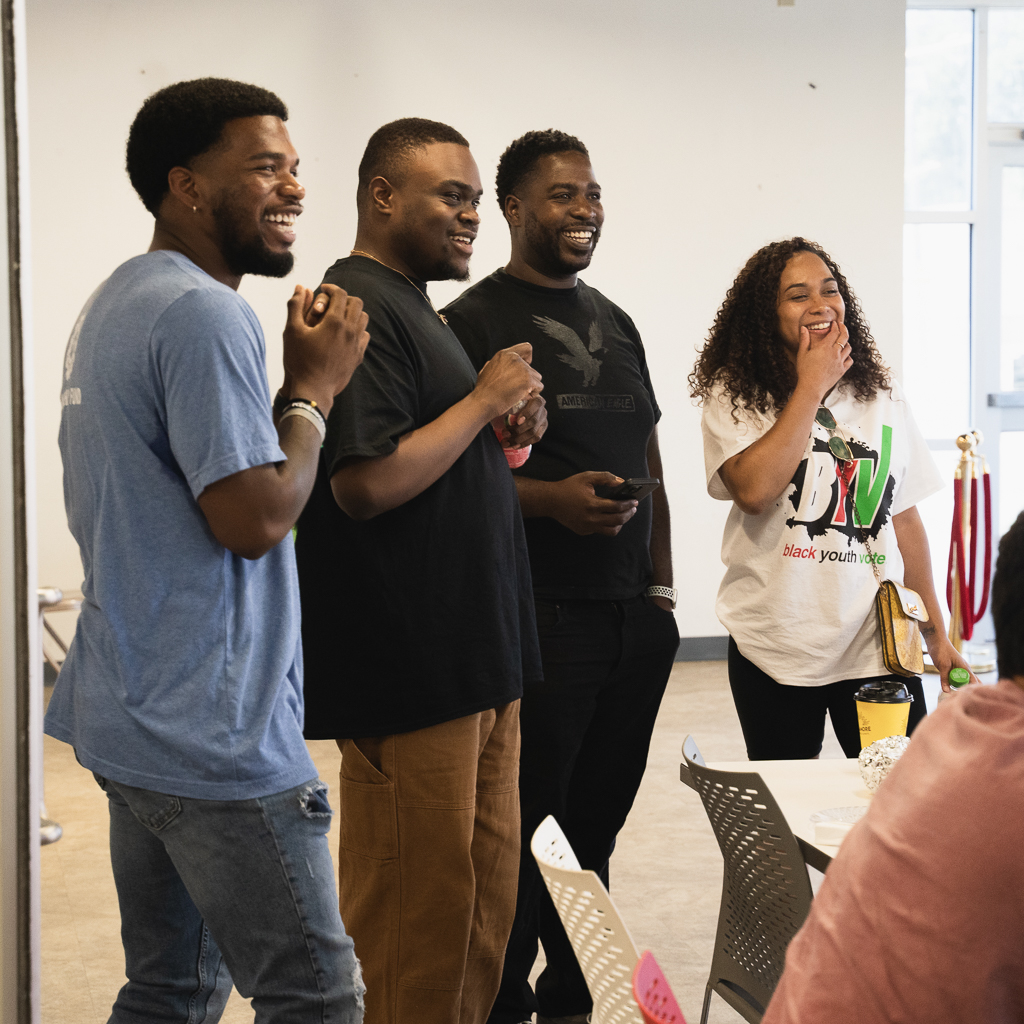
AYLF Delta 2023 C5 S2 Delivery Team Smiling
AYLF Mississippi & Arkansas Delta Program Facilitators Kevin, Nicholas, James and Nicole, 2023
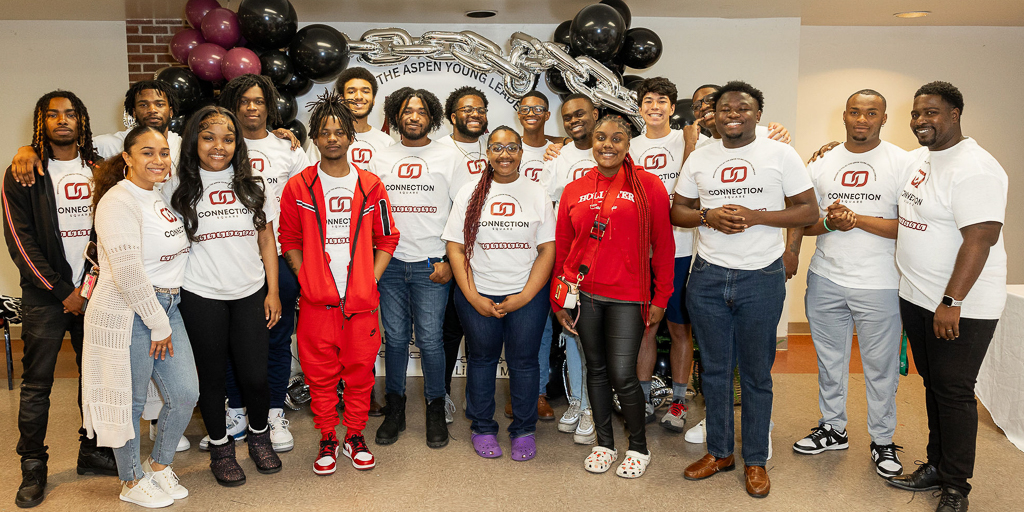
AYLF Delta C5 CIP Event with Cohort and DTs
AYLF Mississippi & Arkansas Delta Program Facilitators with the 2023-24 cohort at their Community Impact Project event, 2024
Others felt a similar urge to reconnect with youth. It’s work that Ronald Wabomnor, a facilitator from Miami, had unintentionally distanced himself from during his personal career growth. “I moved from serving students in a very grounded, hands-on level to a space where I still keep the mission of serving students, but in a very administrative, policy-driven way,” he says. Ronald finished his doctorate in educational leadership and currently works as a dean at Florida International University, but was missing out on what he says is his true calling: serving a younger generation.
“One of the most life-changing, or career changing things about [AYLF] is that this is probably one of the few opportunities where I was going in there focused on being a facilitator…And as much as I am, I find myself often also being a participant, and having my mind changed, influenced, or just generally re-energized by the nature of our conversations,” he says.
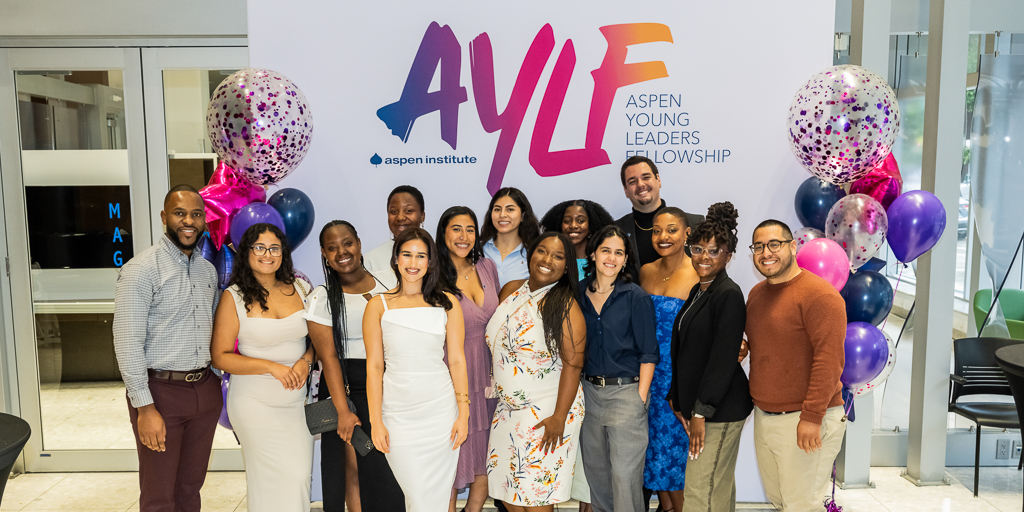
AYLF Miami C1 Graduation Photo with Cohort and DTs
AYLF Miami Program Facilitators with Fellows from the 2023-24 cohort at graduation, 2024
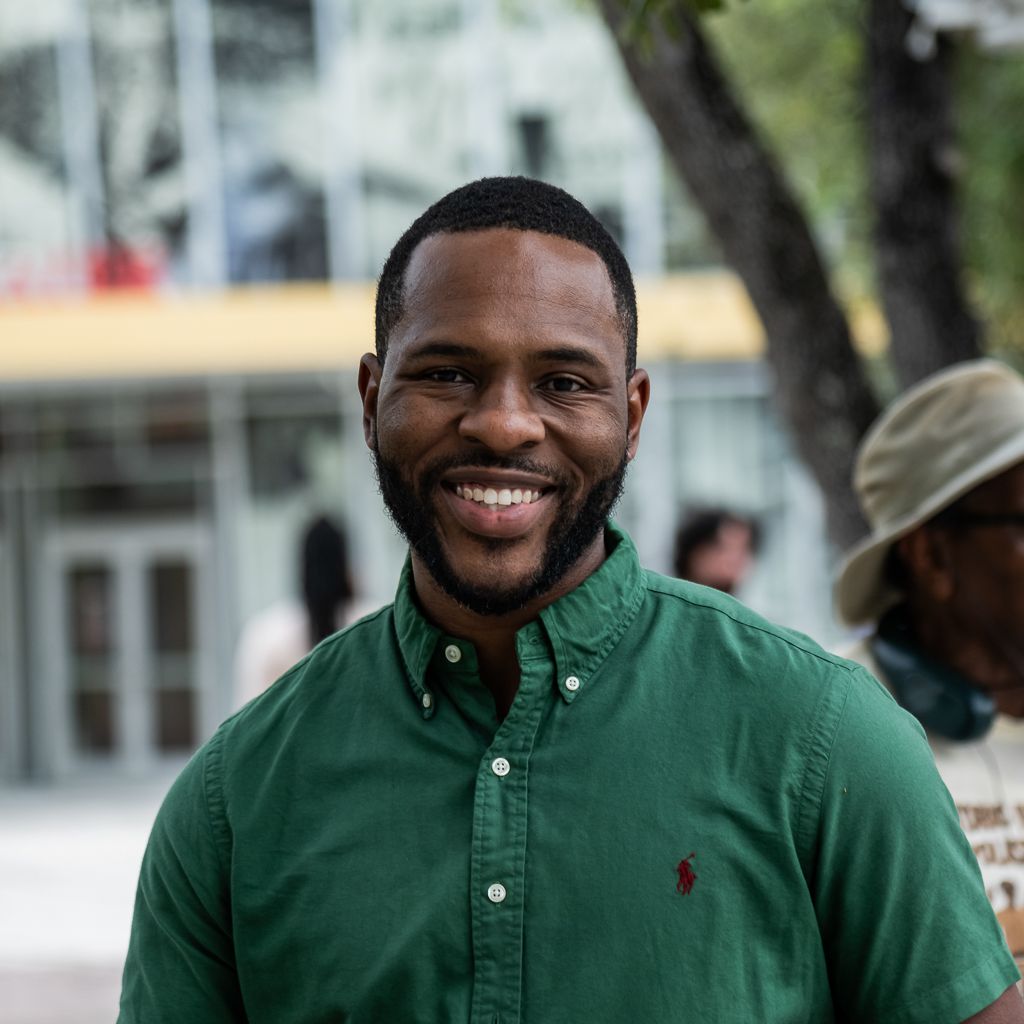
AYLF Miami C1 S2 Ronald Wabomnor
AYLF Miami Program Facilitator Ronald, 2023
For many, AYLF served as the point of connection between delivery team members and fellows, though their relationships extend far past first-year graduation. Nicole Ross, the Mississippi & Arkansas Delta local action coordinator and assistant director at Coahoma Community College, has varying levels of communication with fellows, though she always makes sure she’s investing in her relationships by sending motivational quotes to fellows. “Having someone that is not too much older than them but older enough where they trust me, as an auntie figure, that feels good,” she says.
Connection is a core component of what AYLF provides. “We’re talking about marginalized communities. One of the things people who are living on the margins are doing is find[ing] trusted people to journey with them.” Georgie says. “It feels really good to be with someone else in the way that people have walked with me.”
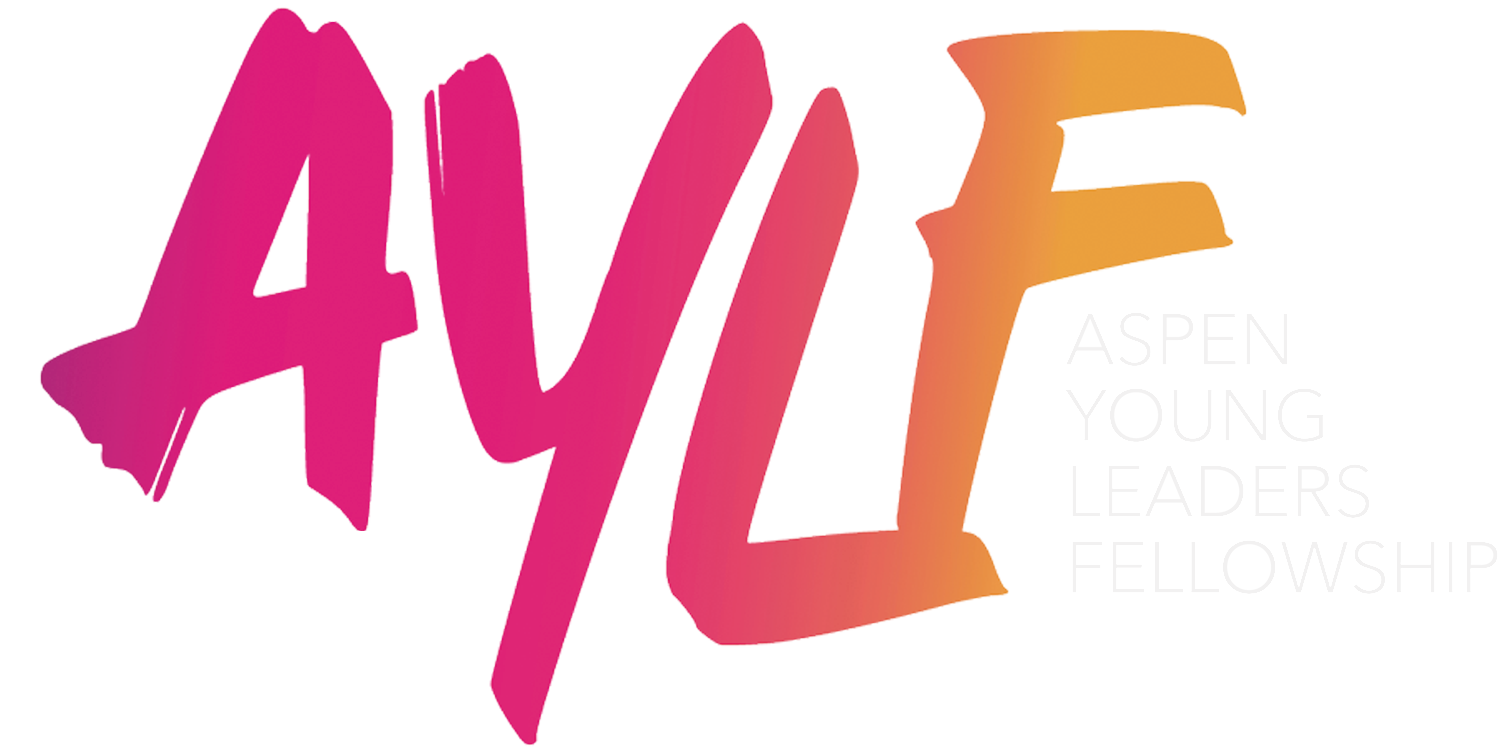
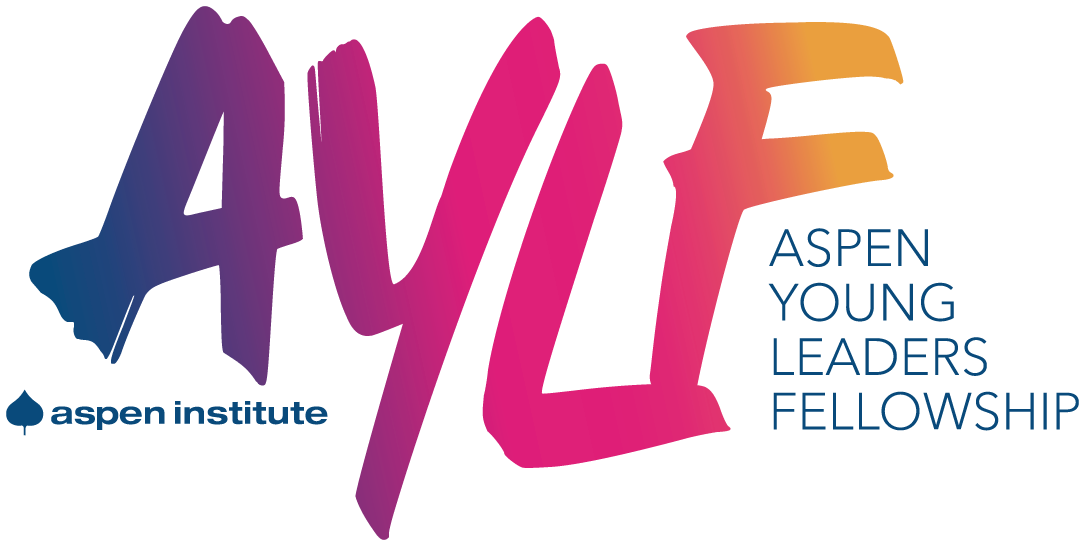
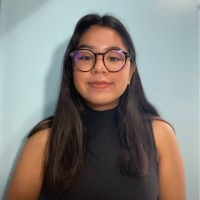 By Solcyré Burga, Aspen Young Leaders Fellowship Senior Fellow
By Solcyré Burga, Aspen Young Leaders Fellowship Senior Fellow